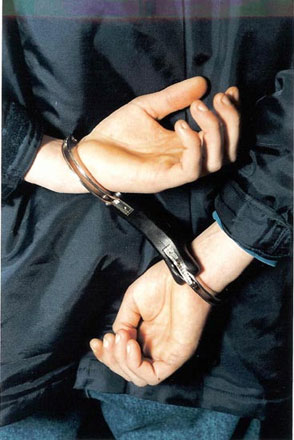The US on July 25 condemned the arrests of nearly 50 activists during the funeral mass in Havana of opposition figure Oswaldo Paya.
"The fact that this occurred while hundreds of people gathered peacefully to commemorate the life of one of Cuba's foremost human rights advocates only underscores the importance of Paya's struggle on behalf of the Cuban people," White House spokesman Jay Carney said.
He said the arrests, and the arrest of another activist last month after he testified to a US congressional committee, "provide a stark demonstration of the climate of repression in Cuba."
Paya, 60, regarded by Cuban authorities as a key opposition figure, died Sunday in a car accident. The car he was travelling in hit a tree near the town of Bayamo, in eastern Cuba, authorities said.
A second Cuban dissident, Harold Cepero, died in the accident with Paya. Two other passengers in the car, a Spaniard and a Swede, suffered minor injuries, dpa reported.
Some dissident groups have raised suspicions of foul play in the accident, and indirectly accused authorities of playing a part in Paya's death, though no evidence has emerged to support the accusations.
"We call on the Cuban government to respect internationally recognized fundamental freedoms, including freedom of speech, rather than arresting their citizens for peacefully exercising these universal rights that are protected and promoted by governments throughout the world," Carney said.
"We look forward to the day when the Cuban people can live in the free society Oswaldo Paya worked so hard to bring about throughout his lifetime."
Short-term detentions are frequent in Cuba when authorities seek to undermine dissident activity, as was evident during Pope Benedict's visit to the island in April.
In 1998, Paya launched a petition known as the Varela Project, named after a Cuban religious leader, to call for greater civil liberties in Cuba, including the right of assembly and freedom of expression.
The Cuban government dismissed the text as a "strategy of subversion," though it was signed by more than 25,000 people, far more than the 10,000 required under the Cuban constitution to be considered by lawmakers.






